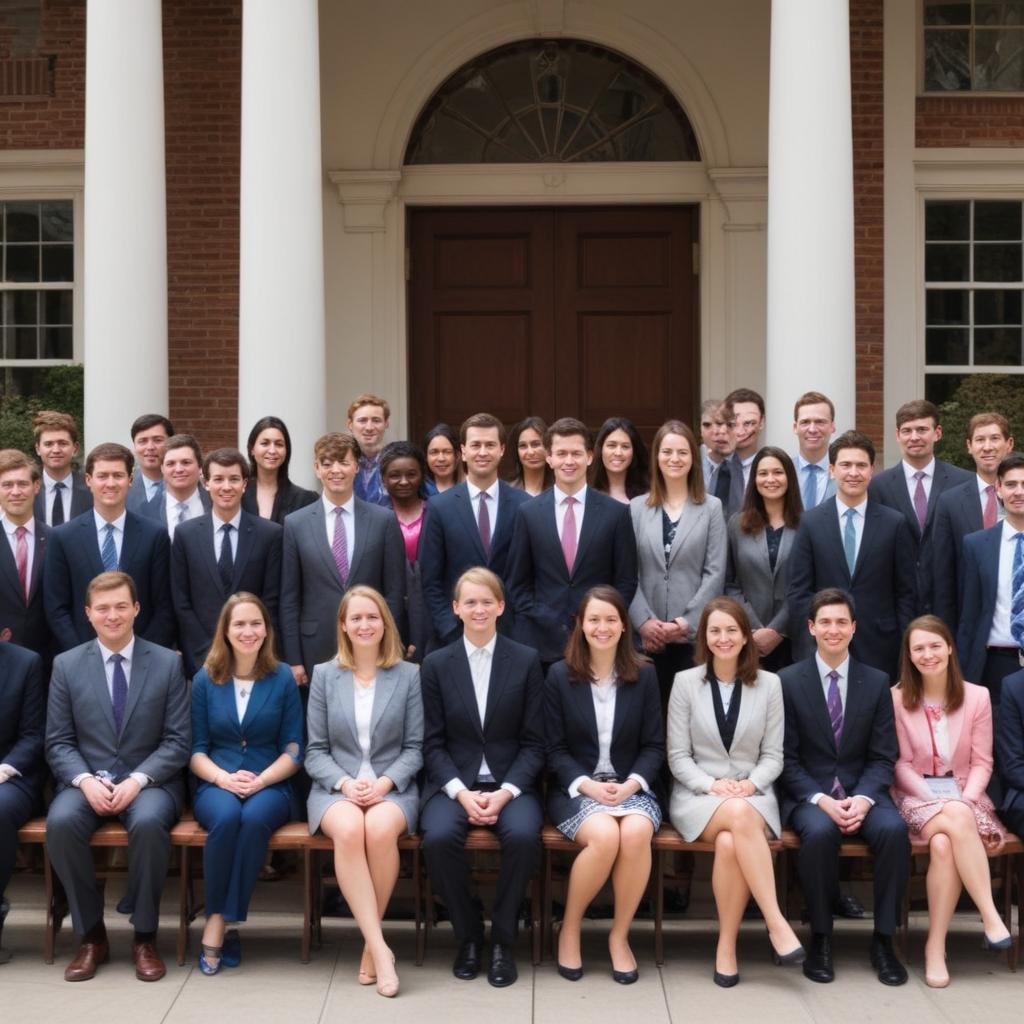How To Apply For Graduate Scholarships
Graduate scholarships are essential resources that can help students finance their advanced studies. These scholarships can be highly competitive, requiring thorough research, careful planning, and a well-prepared application. Understanding the steps involved in applying for graduate scholarships is crucial for improving your chances of success.
Study Abroad For Free – How To Get Scholarships Using Your Phone and Social Media (Online Read)
Research Available Scholarships
The first step in applying for graduate scholarships is to research the available opportunities. Scholarships are often offered by universities, government agencies, private organizations, foundations, and corporations. Start by checking scholarship databases, university websites, and government education portals for information about various scholarships. It’s important to identify those that align with your field of study, academic interests, and specific criteria such as nationality, background, or research focus. Create a list of potential scholarships and note their eligibility requirements, deadlines, and application procedures.
Review Eligibility Criteria
Before proceeding with your application, make sure you meet the eligibility criteria. Scholarships often have specific requirements, including academic performance, field of study, professional goals, and extracurricular involvement. Pay attention to any restrictions, such as citizenship, degree program level (e.g., master’s or Ph.D.), or geographical limitations. Some scholarships may also require students to demonstrate financial need, leadership skills, or research potential. Understanding the eligibility criteria will help you focus on scholarships you are most likely to win.
Prepare Necessary Documents
Once you’ve identified the scholarships you want to apply for, begin gathering the necessary documents. While each scholarship will have its own specific requirements, most applications will require the following:
- Academic Transcripts: Your academic transcripts will demonstrate your performance in previous studies. Ensure you have official copies of your undergraduate or prior graduate records, if applicable.
- Letters of Recommendation: Scholarships often require two or three letters of recommendation from professors, employers, or professionals who can attest to your academic abilities, character, and potential for success in graduate studies.
- Resume/Curriculum Vitae (CV): Your resume or CV should highlight your academic achievements, professional experience, leadership roles, and extracurricular activities relevant to your field of study.
- Statement of Purpose: This is one of the most important components of your application. The statement of purpose should explain your academic interests, career goals, and why you are a good fit for the scholarship. Tailor your statement to reflect how the scholarship will help you achieve your long-term objectives.
- Research Proposal (if applicable): If you are applying for research-based scholarships, you may need to submit a research proposal outlining the objectives, methods, and significance of your planned research.
- Proof of Language Proficiency: For international students, some scholarships may require proof of English proficiency through tests like TOEFL or IELTS.
Study Abroad For Free – How To Get Scholarships Using Your Phone and Social Media (Online Read)
Ensure that all documents are up-to-date, complete, and professionally presented. Some scholarships may also request additional documents, such as a portfolio or personal essay, depending on the focus of the scholarship.
Write a Strong Statement of Purpose
A compelling statement of purpose is often the deciding factor for scholarship committees. This document provides you with the opportunity to explain your motivations for pursuing graduate studies, your academic and career goals, and why you’re passionate about your chosen field. Focus on your achievements, challenges you’ve overcome, and how the scholarship will help you advance your education. Be specific and concise, showing a clear connection between your academic interests and the goals of the scholarship program. Be sure to tailor each statement to the specific scholarship you are applying for, emphasizing the qualities that the committee values most.
Submit Your Application Early
Timeliness is key when applying for scholarships. Always be aware of the deadlines for each scholarship and aim to submit your application well in advance. Submitting early not only gives you peace of mind but also ensures that you have enough time to address any issues that may arise during the application process. Late submissions are typically not considered, so avoid procrastination and ensure that all required documents are submitted before the deadline. Some scholarships may require submission via an online portal, while others may accept email or physical submissions. Double-check the preferred submission method and follow the instructions precisely.
Follow Up and Track Your Applications
After submitting your applications, it’s a good idea to follow up to ensure that all documents were received and to confirm that your application is complete. Many scholarship programs send out automatic confirmations when they receive applications, but if you haven’t received one, consider reaching out to inquire. Keep track of the scholarships you’ve applied for and their respective deadlines and notifications. Stay organized by creating a calendar or spreadsheet to monitor the status of your applications.
Study Abroad For Free – How To Get Scholarships Using Your Phone and Social Media (Online Read)
Prepare for Interviews
Some competitive graduate scholarships may require an interview as part of the selection process. Prepare thoroughly by reviewing the scholarship’s focus, your academic achievements, and the details you’ve shared in your application. Be ready to discuss your goals, experiences, and how the scholarship aligns with your career aspirations. Practice answering common scholarship interview questions with friends, mentors, or family members. Be confident, professional, and enthusiastic about your field of study.







